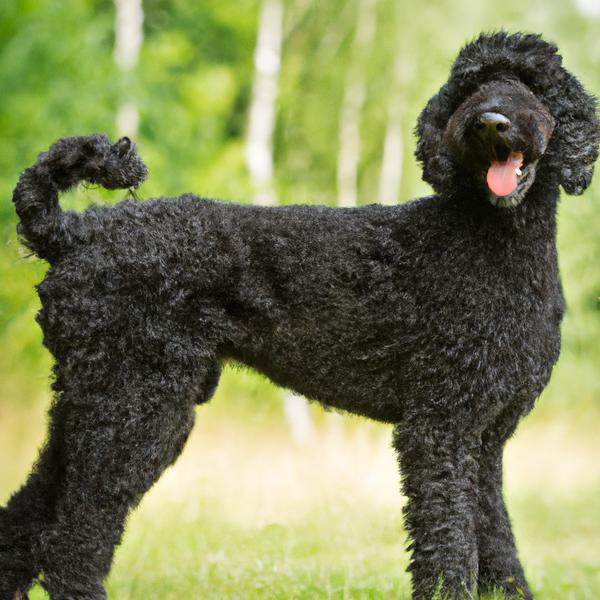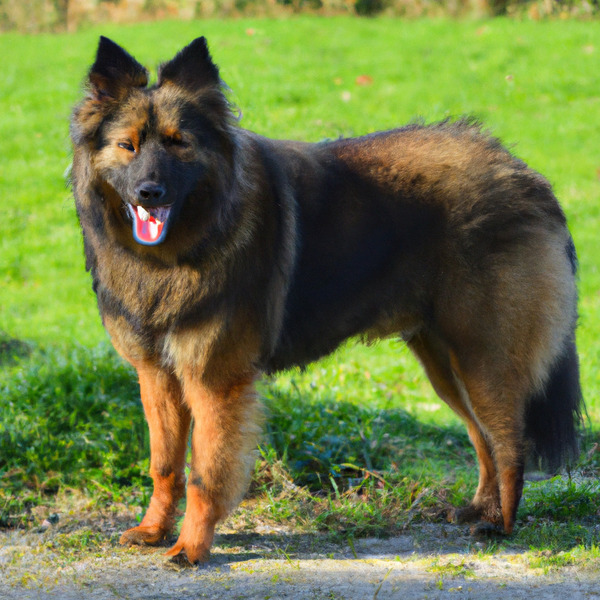Curly Coated Retriever vs. Basque Shepherd: Breed Differences and Similarities
Hypoallergenic
Are Curly Coated Retrievers or Basque Shepherds hypoallergenic, or neither?
Unfortunately, neither Curly Coated Retriever nor Basque Shepherd are hypoallergenic, which may not make them the best choice for dog lovers who suffer from pet allergies.
Watchdog Ability
Which dog breed makes a better watchdog, the Curly Coated Retriever or Basque Shepherd?
Curly Coated Retrievers aren't great guard dogs; they tend to just watch without taking action.
Choose a Basque Shepherd if you want a top-notch watchdog. This breed takes guarding seriously, and may not require much training, though obedience or guard dog training can improve their skills.
Origin
What is the origin of Curly Coated Retriever and Basque Shepherd dog breeds?
United Kingdom
Spain
Ancestry
What are the origins of Curly Coated Retriever and Basque Shepherd breeds?
Spaniels, St. John’s Water Dog, Retrieving Setters, Poodles
Unknown
Date of Birth
When were Curly Coated Retriever and Basque Shepherd breeds first developed?
1700s
Ancient Times
Eye Color Possibilites
What are the eye colors of Curly Coated Retriever and Basque Shepherd dogs?
Hazel
Brown
Brown
Amber
Nose Color Possibilites
What are the natural nose colors of Curly Coated Retriever and Basque Shepherd?
Black
Brown
Black
Coat Color Possibilites
What are the natural colors of the coat for Curly Coated Retriever and Basque Shepherd breeds?
Black
Brown
Red
Isabella
Fawn
Coat Length
What is the typical coat length for Curly Coated Retriever and Basque Shepherd breeds?
The coat of Curly Coated Retriever and Basque Shepherd dogs falls in the medium-length category.
Coat Density
What is the density of the coat of Curly Coated Retriever and Basque Shepherd?
Coat Texture
What is the hair texture of Curly Coated Retriever and Basque Shepherd?
Curly
Wavy
Litter Size
What is the usual litter size for Curly Coated Retriever and Basque Shepherd?
A Curly Coated Retriever can have a litter of 9-14 puppies on average. However, it's worth noting that the size of the litters can vary greatly. Factors that can influence litter size include the health of the mother, breeding history, and genetics.
A Basque Shepherd can have a litter of 12-15 puppies on average. However, it's worth noting that the size of the litters can vary greatly. Factors that can influence litter size include the health of the mother, breeding history, and genetics.
Major Concerns
What are the major health concerns for Curly Coated Retriever and Basque Shepherd breeds?
Glycogen Storage Disease
Progressive Retinal Atrophy
Hip And Elbow Dysplasia
Bloat
Cancer
Canine Hip Dysplasia (Chd)
Gastric Dilation Volvulus (GDV) or Bloat
Minor Concerns
What minor health issues should be kept in mind when owning Curly Coated Retriever and Basque Shepherd?
Entropion
Distichiasis
Ectropion
Persistent Pupillary Membrane
Alopecia
Ear Infections
Cataracts
Congenital Heart Defect (CHD)
Occasional Tests
What occasional tests are recommended for Curly Coated Retriever and Basque Shepherd breeds?
X-Rays
Eye Examination
Hip X-Rays
Dental Examination
Ear Examination
Echocardiogram Tests
Chest X-rays
Energy
How do the energy levels of Curly Coated Retrievers and Basque Shepherds compare?
Curly Coated Retrievers are a good choice for a low-key lifestyle due to their low energy levels.
Basque Shepherds thrive on an active lifestyle due to their high-energy nature.
Exercise Needed
Curly Coated Retriever vs Basque Shepherd exercise need comparison.
Curly Coated Retrievers need only a small amount of physical activity, ideal for busy or elderly people or those with limited space.
Basque Shepherds need high physical activity and are ideal for active individuals, but not suitable for sedentary lifestyles or small apartments.
Tendency to Bark
Do Curly Coated Retrievers or Basque Shepherds bark more/less frequently?
Curly Coated Retriever and Basque Shepherds tend to bark moderately, they bark when necessary, such as to alert their owner or to communicate something. They may also bark due to certain triggers like fear, alarm, boredom, greeting, separation anxiety and compulsive barking.
Activity Level
Which breed has higher energy, Curly Coated Retrievers or Basque Shepherds?
Curly Coated Retriever and Basque Shepherd are high-energy dogs that require a lot of mental and physical exercise. Without proper stimulation and attention, these breeds can become problematic. If you're considering these breeds, be prepared to invest time and effort in their exercise and training.
Walks per Week
How many miles should Curly Coated Retriever or Basque Shepherd walk each week?
Curly Coated Retriever and Basque Shepherd generally need a minimum of 14 miles of walking per week, but it can be increased as long as they are comfortable with it.
Activity per Day
Do Curly Coated Retrievers or Basque Shepherds require more exercise?
Both Curly Coated Retriever and Basque Shepherd typically require a minimum of 90 minutes of exercise each day. The exercise can be spread throughout the day and may involve high-energy activities like walking, running, and playing.
Grooming
Which breed is easier to maintain in terms of grooming, Curly Coated Retrievers or Basque Shepherds?
The Curly Coated Retriever has low grooming needs and is easy to maintain.
The Basque Shepherd requires an average amount of grooming compared to other breeds.
Brushing Frequency
What is the recommended brushing frequency for Curly Coated Retriever and Basque Shepherd dogs?
In general Curly Coated Retriever should be brushed at least once a month. Of course you can give them more frequent brushes, especially if they enjoyed it
Ideally, Basque Shepherd should be brushed at least 2 or 3 times a week (preferably daily) improve shedding.
Brushing Tools
What brushing tools are used for Curly Coated Retrievers and Basque Shepherds?
Slicker Brush
Comb
Deshedder
Nail Clipper
Pin Brush
Comb
Scissors
Nail Clipper
Cups
How much food should be given to Curly Coated Retriever or Basque Shepherd in cups?
For an average 80-100 pound (36 - 45 kg) Curly Coated Retriever feed 3.5 cups daily. But, keep in mind, the amount you feed is going to be dependent on the quality of the food you are feeding.
For an average 40-79 pound (18 - 36 kg) Basque Shepherd feed 2 cups daily. But, keep in mind, the amount you feed is going to be dependent on the quality of the food you are feeding.
Daily Cost
Which breed has a higher daily cost, Curly Coated Retriever or Basque Shepherd?
The average cost of a Curly Coated Retriever is somewhere $3.90 - $4.20 per day.
The average cost of a Basque Shepherd is somewhere $1.70 - $2.00 per day.
Monthly Cost
Which breed has a higher monthly cost, Curly Coated Retriever or Basque Shepherd?
The average per month expenses of a Curly Coated Retriever is between $112 - $126. This makes an average of $1344 - $1512 per year. It will be on the higher side when the dog is still small because it will need more frequent visits to the vet, shots.
The average per month expenses of a Basque Shepherd is between $48 - $63. This makes an average of $576 - $756 per year. It will be on the higher side when the dog is still small because it will need more frequent visits to the vet, shots.
Intelligence
Comparing Intelligence: Curly Coated Retrievers vs Basque Shepherds
Curly Coated Retrievers are average in obedience intelligence but have a high IQ and may cause trouble if left unsupervised.
Basque Shepherd is a very intelligent and trainable breed.
Affection Dependance
Which is the more affectionate dog breed: Curly Coated Retriever vs Basque Shepherd?
Dog Friendly
Which breed is more sociable with other dogs: Curly Coated Retriever or Basque Shepherd?
Curly Coated Retrievers are not dog-friendly.
Basque Shepherds are average in their friendliness towards other dogs, and socialization can help.
Playfulness
Which breed is more playful between Curly Coated Retriever and Basque Shepherd?
Curly Coated Retrievers are not known for being a highly playful breed.
Basque Shepherds are a playful breed that needs daily playtime to be happy.
Trainability
How do the trainability levels of Curly Coated Retrievers and Basque Shepherds compare?
The Curly Coated Retriever is highly intelligent and eager to please, making it a great choice for both novice and experienced dog owners due to its easy trainability.
Basque Shepherds are popular for their ease of training and quick learning ability.
Compare Curly Coated Retriever with other breeds
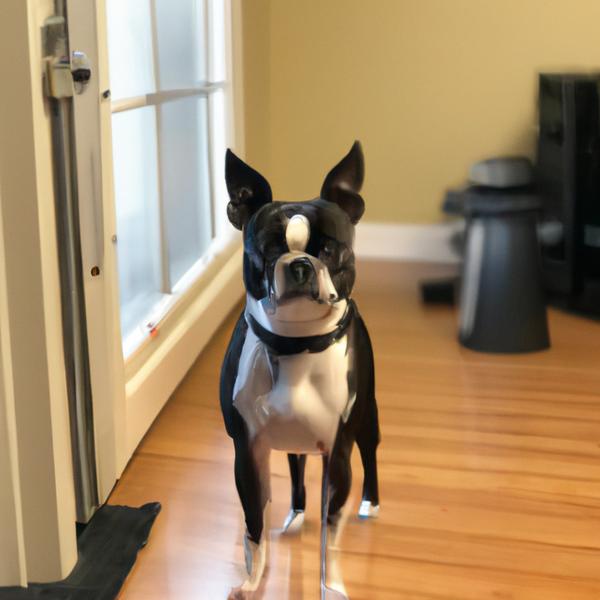
Boston Huahua
Curly Coated Retriever vs Boston Huahua
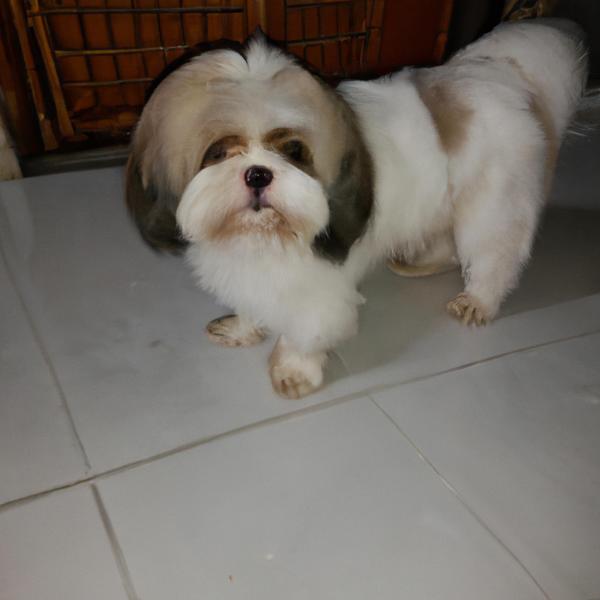
Malchi
Curly Coated Retriever vs Malchi
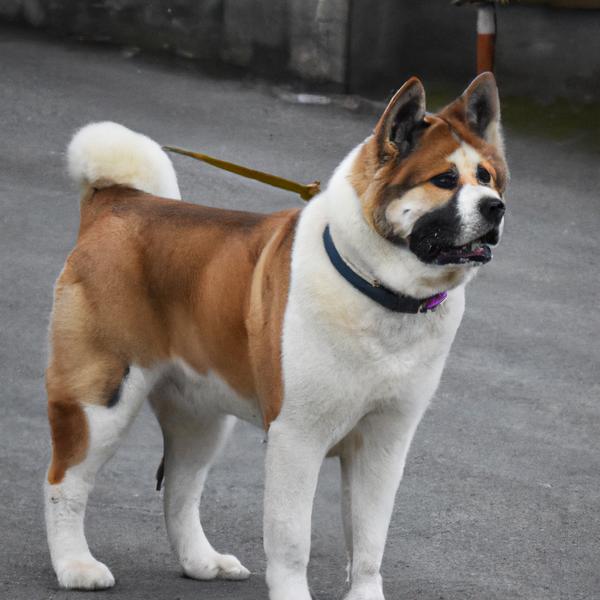
Bullkita
Curly Coated Retriever vs Bullkita
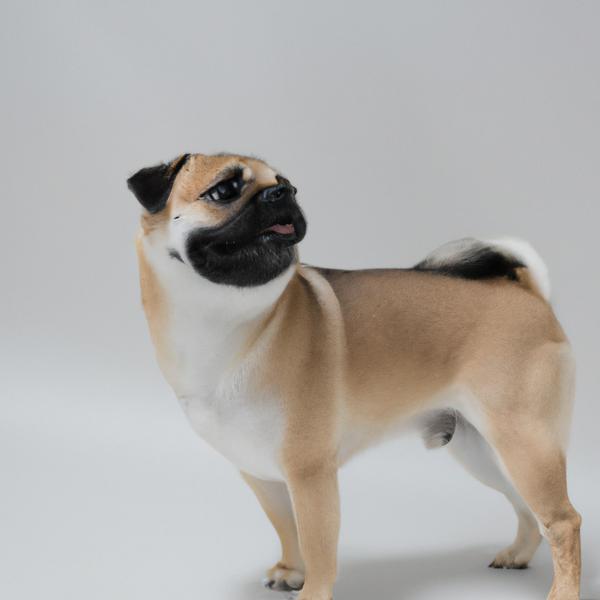
Pug Shiba
Curly Coated Retriever vs Pug Shiba
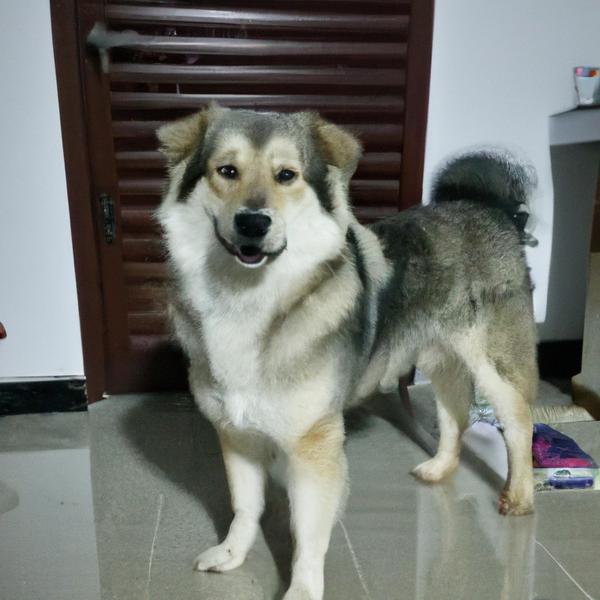
Nekita
Curly Coated Retriever vs Nekita
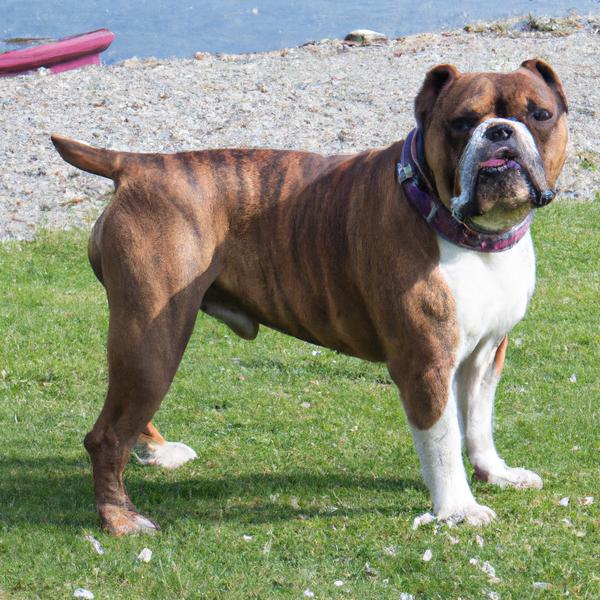
Bulloxer
Curly Coated Retriever vs Bulloxer
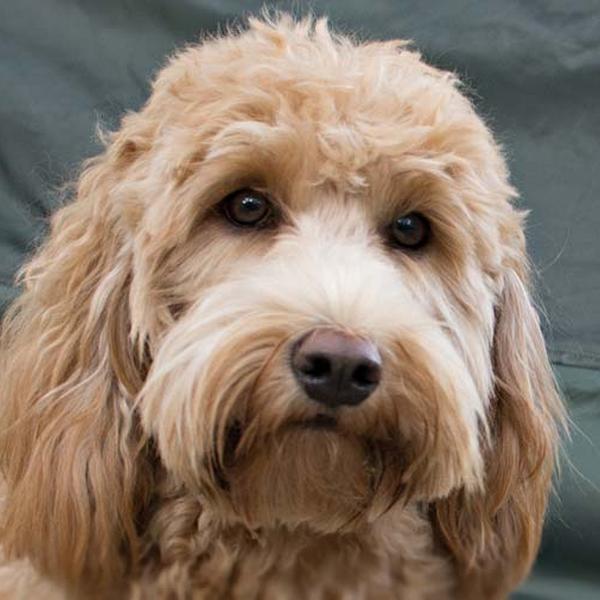
Double Doodle
Curly Coated Retriever vs Double Doodle
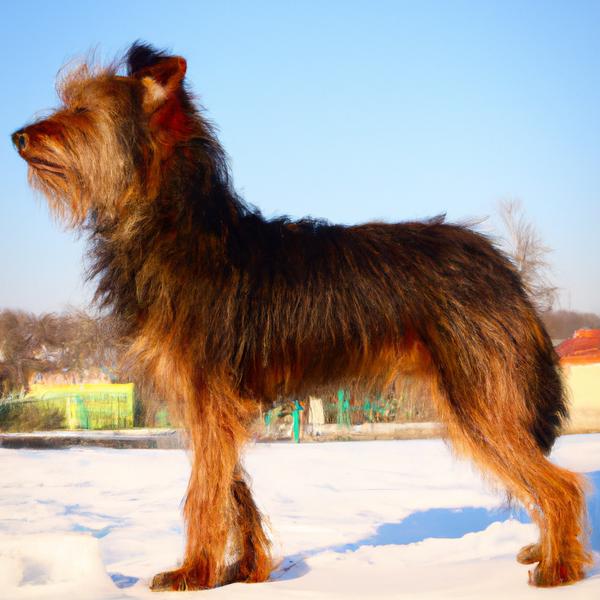
Dashalier
Curly Coated Retriever vs Dashalier
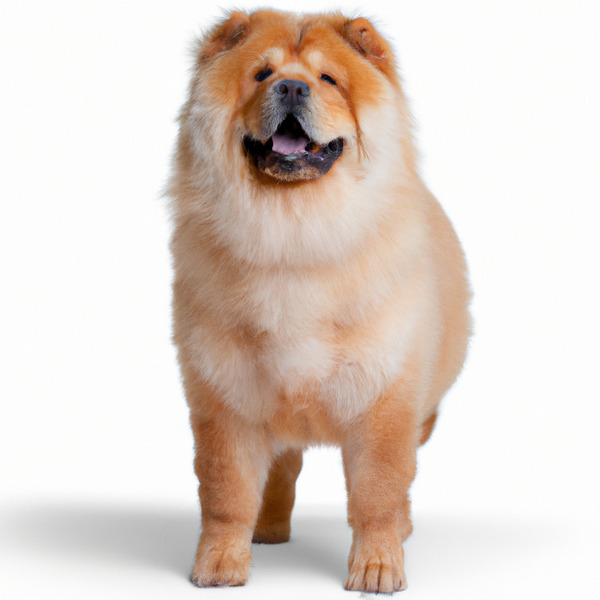
Shiranian
Curly Coated Retriever vs Shiranian
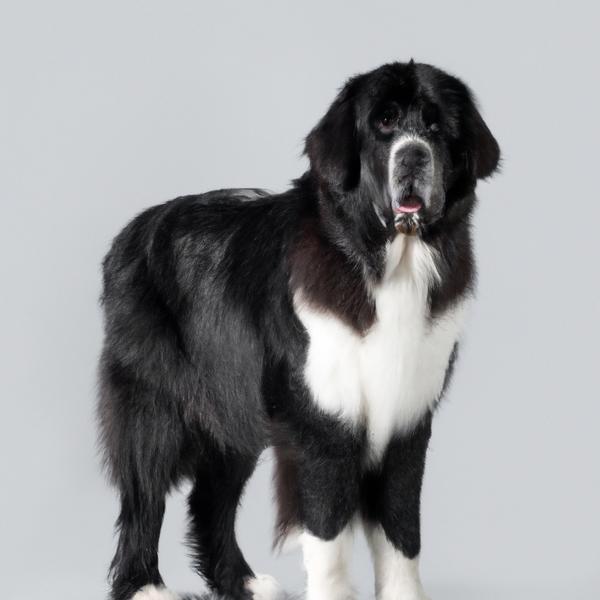
Border Newfie
Curly Coated Retriever vs Border Newfie
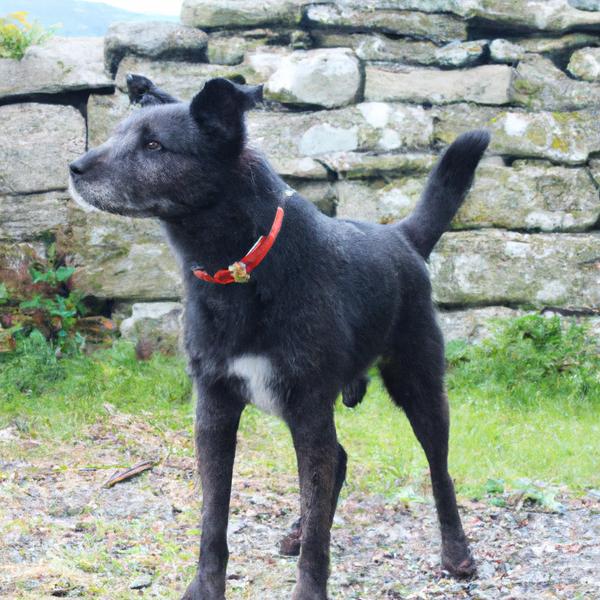
Patterdale Shepherd
Curly Coated Retriever vs Patterdale Shepherd
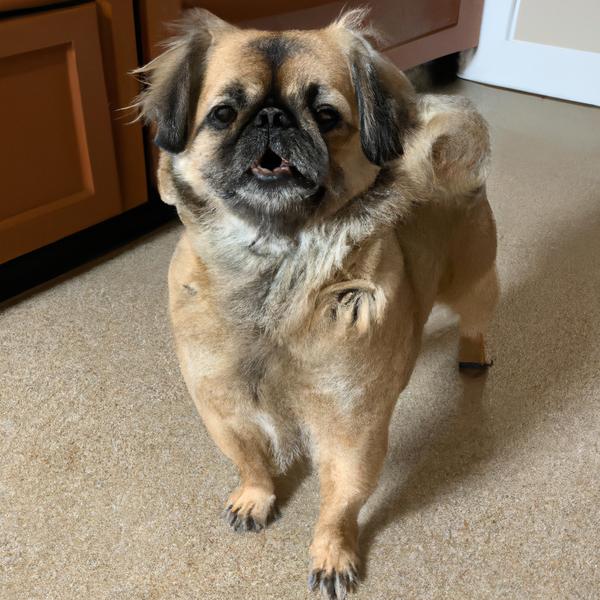
Tibetan Pug
Curly Coated Retriever vs Tibetan Pug
